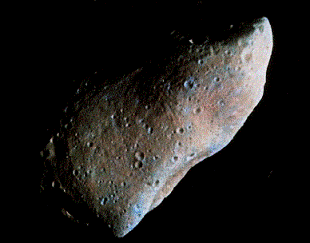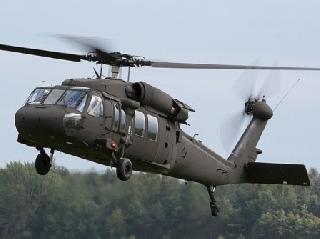
LONDON (PTI): A giant asteroid, weighing 55 million tonnes, is heading close to Earth, according to NASA experts.
But for those fearing Armageddon, there’s no need to panic as it will just miss our planet later this year.
In fact, the rock, which is quarter of a mile across, and will pass between Earth and the Moon in November and will be visible with small telescopes, The Daily Telegraph reported.
Robin Scagell of the Society for Popular Astronomy said: “It's rare that we get the chance to see an asteroid up close.”
If it were to hit the Earth, the asteroid, named YU55, would have an impact equivalent to 65,000 atom bombs and would leave a crater more than six miles wide and 2,000ft deep, say the experts.
Passing by at a distance of just 201,000 miles, the asteroid will be the largest object ever to approach the Earth so close.
The US space agency has officially labelled it a ‘Potentially Hazardous Object’, but has stressed there is no danger of impact while on its current course.
YU55 orbits the Sun every 14 years and last passed the Earth in April 2010 at a distance of 1.5 million years.
There are currently 874 near-Earth asteroids which are considered to be potentially dangerous. All are monitored and the list is being constantly added to as astronomers discover new objects in near space.
Scientists estimate that there is usually one large collision with Earth every few hundred thousand years.
 Previous Article
Previous Article Next Article
Next Article












The Indian Air Force, in its flight trials evaluation report submitted before the Defence Ministry l..
view articleAn insight into the Medium Multi-Role Combat Aircraft competition...
view articleSky enthusiasts can now spot the International Space Station (ISS) commanded by Indian-American astr..
view article